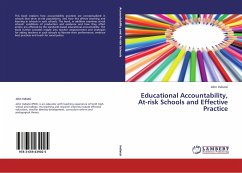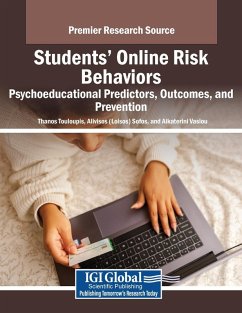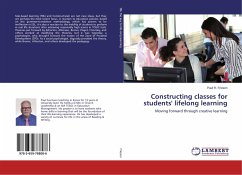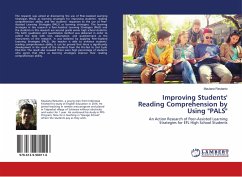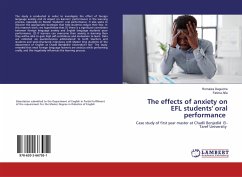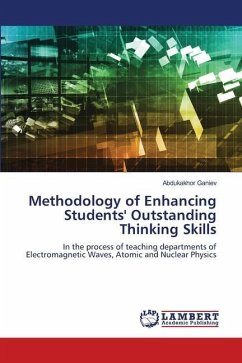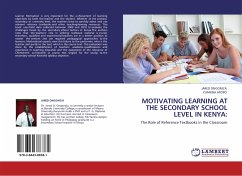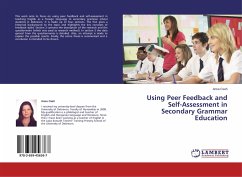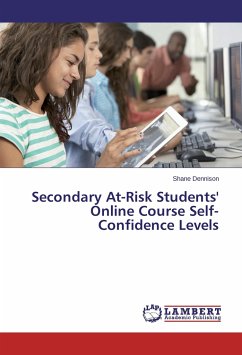
Secondary At-Risk Students' Online Course Self-Confidence Levels
Versandkostenfrei!
Versandfertig in 6-10 Tagen
30,99 €
inkl. MwSt.

PAYBACK Punkte
15 °P sammeln!
Many high school seniors are either not graduating on time or not graduating at all. A computer-based course recovery program could help many struggling districts in this area of need. This study employed a non-experimental quantitative approach to address possible relationships between computer-based instruction and learning outcomes. The sample (N=59) included at-risk students (ages 15-18), randomly selected from the largest high school within the sponsoring district of Saginaw, Michigan. Participants were administered a pre-survey prior to course enrollment to measure self-efficacy/ motivat...
Many high school seniors are either not graduating on time or not graduating at all. A computer-based course recovery program could help many struggling districts in this area of need. This study employed a non-experimental quantitative approach to address possible relationships between computer-based instruction and learning outcomes. The sample (N=59) included at-risk students (ages 15-18), randomly selected from the largest high school within the sponsoring district of Saginaw, Michigan. Participants were administered a pre-survey prior to course enrollment to measure self-efficacy/ motivational levels with regard to academics in general, as well as perceived success they would have in the computer-based course. Following the completed computer-based course the same post-test survey tool was given to compare pre-survey results as well as an ancillary questionnaire. Quantitative data was analyzed through the administration of one-sample nonparametric tests and linear regressionmodels (ANOVA).



